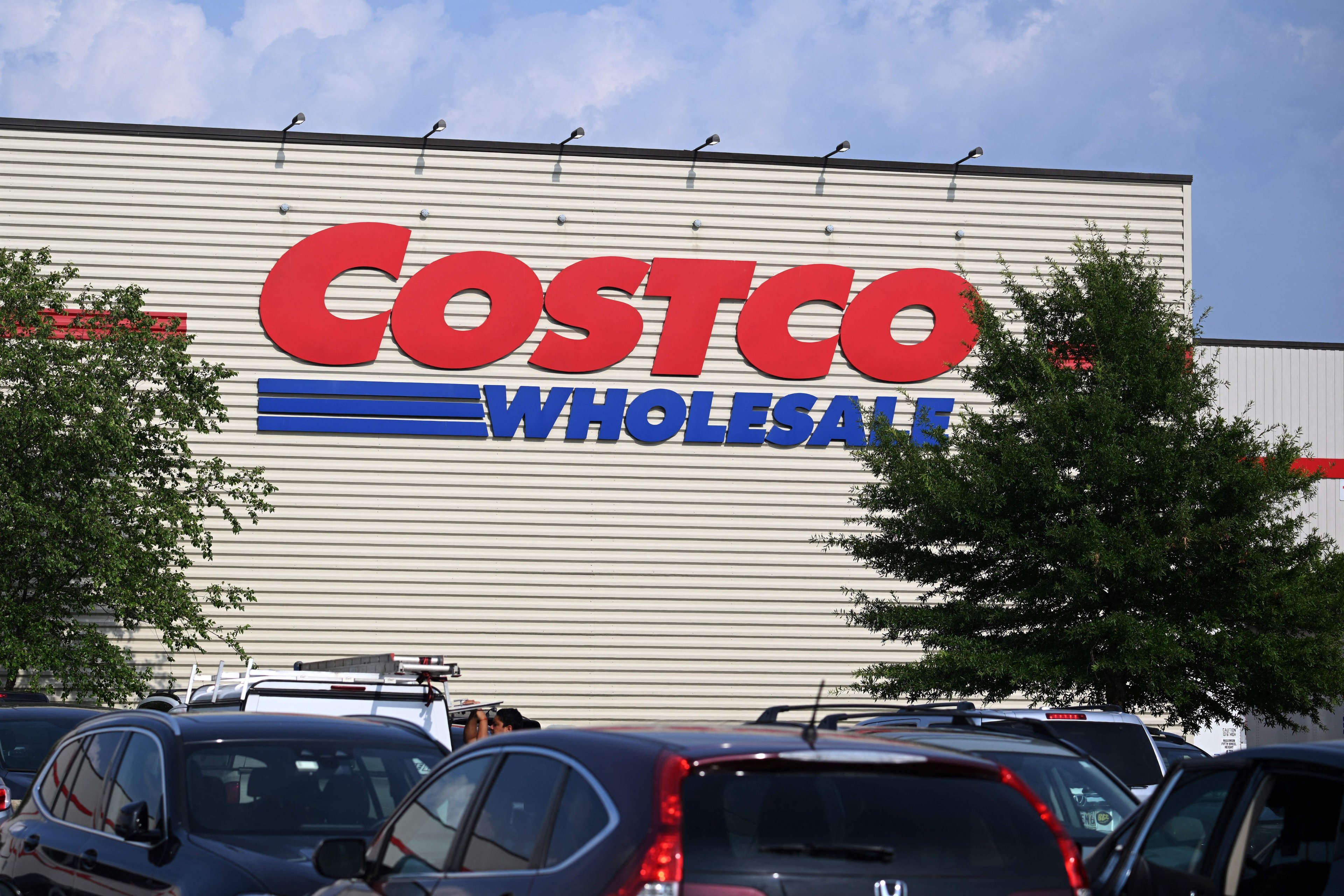Dividend growth is a reliable edge. Over long periods, companies that regularly raise their dividends have often outperformed the benchmark S&P 500 (^GSPC 0.19%), as sustained payout increases typically stem from stronger, growing earnings.
This lens points to three standouts in retail, healthcare, and consumer goods. One pairs a modest yield with rapid hikes powered by a resilient membership model. One offers a solid yield, with new therapies that are expected to yield cleaner earnings ahead. And one delivers high income today with dependable raises backed by strong cash generation.

Image source: Getty Images.
Here's why these three blue chip dividend growth stocks are worth considering right now.
This membership machine is compounding quietly
Costco (COST 0.16%) runs membership warehouse stores where shoppers pay annual fees to access bulk goods at low prices. The company lifted its quarterly dividend from $1.16 to $1.30 per share in April 2025 and extended its multiyear streak of annual increases. The current yield sits at just 0.56%.
The business now operates about 914 warehouses and continues to add locations. Member renewal rates typically hover around the 90% mark in core markets, which supports steady fee income and traffic. As membership and sales compound, the dividend follows.

NASDAQ: COST
Key Data Points
Costco's payout ratio sits at a comfortable 27%, which leaves room for faster dividend growth as earnings rise. Even so, the whole giant's shares trade at a high price-to-earnings (P/E) ratio of 50.3. While that is a steep premium, Costco's strong cash generation, loyal customer base, and five-year dividend growth rate above 13% help support the valuation.
The drugmaker replacing a blockbuster
AbbVie (ABBV +0.32%) develops and sells prescription drugs focused on immunology, oncology, and neuroscience. The company pays $1.64 per share each quarter, a 2.85% annual yield at current prices.

NYSE: ABBV
Key Data Points
The drugmaker's payout ratio sits at an eye-popping 304%, which looks alarmingly high, but such elevated ratios are commonplace in the pharmaceutical industry. After all, large pharma companies spend heavily on research and one-time items that depress reported earnings.
AbbVie's five-year dividend growth rate is 7%, but its P/E ratio towers at 112.6. However, with earnings expected to improve meaningfully in 2026 and beyond, AbbVie's valuation should be far more reasonable over the next year.
Growth engines are in place. To wit, Skyrizi and Rinvoq are anti-inflammatory medicines for autoimmune conditions, and their sales are rising, while Humira, an older anti-inflammatory biologic, is seeing revenue decline as lower-cost biosimilars take share after its loss of exclusivity.
Moreover, the fairly recent acquisitions of Cerevel Therapeutics and ImmunoGen add late-stage neuroscience and oncology assets, creating deep value for shareholders. If earnings recover as expected, AbbVie's dividend growth can continue from a stronger base. Indeed, the company is a Dividend King, a company that's grown its dividend payment for 50 years or more.
The high-yield tobacco giant
Altria (MO +2.75%) manufactures and sells cigarettes and other tobacco products in the U.S., led by its Marlboro brand. It pays $1.06 per share each quarter, a 6.4% annual yield, and has raised its dividend 60 times in 56 years, making it a Dividend King.

NYSE: MO
Key Data Points
The elevated 78.8% payout ratio and rock-bottom 12.7 P/E ratio reflect investor doubts tied to falling cigarette volumes and pressure on Marlboro's share of the market. Additionally, the company's On! nicotine pouch -- a key area of growth for the company -- significantly trails Philip Morris International's Zyn in the marketplace.
Still, the dividend appears sustainable because Altria generates strong cash flow that comfortably covers the payout. To do so, management raises prices to offset lower cigarette volumes, which supports earnings and leaves room for steady increases. Altria's 4% five-year dividend growth rate may look modest, but it compounds on a sizable 6.4% starting yield.






